Silk 700 Showcase: A Love for Trance Music [REVIEW]
Jacob Henry performs on the first day of the Silk 700 Showcase.
I was led into the artist’s room behind the stage and asked to sit down on a beat-up leather couch. Sitting in the room with me was Jacob Henry, the host of Monstercat Silk—the premier, global trance and melodic house radio show, and two other legends of the trance world, Shingo Nakamura and Brian Transeau (BT). It was a room full of the greats, a true once-in-a-life opportunity to talk to the shapers and trailblazers of an entire genre of music.
We were all here to celebrate the 700th episode and 15 years of Monstercat Silk. The show shares music that focuses on the melodic side of house music, a genre that evokes emotion and connection through a flow of sound.
“Whether it’s euphoria and uplifting vibes, or it’s more melancholic and sad vibes,” Henry said. “We run both ends of the spectrum.”
The passion and love you could hear in each of their voices were a highlight of the interview. They were not here because of the fame or the money. They were here because they love the music that they make, the culture they support and the people they get to meet along the way. I’ve been to a lot of shows over the years, and never have I seen the artists walk out into the crowd to make genuine connections with their fans. That, combined with the genuine smiles on each of their faces as they performed, made an experience that will stick with me forever.
Here are some highlights from that conversation.
What inspired you to be a part of the trance music community?
Henry: We’re part of a tribe collected from all over the world. And what connected us is a few common influences and inspirations. It’s BT, Chicane and Robert Miles. Those three artists were our muses. They’re why we’re here. We didn’t have any exposure to electronic music on American radio. There wasn’t really an opportunity to listen to it or experience it. We found these artists, we fell in love, head over heels in love with their music and it made us not only become zealous fans, but it got us into production so we could be closer to artists and closer to the music.
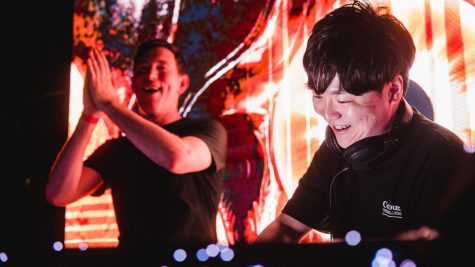
How have you seen the scene change throughout the years?
BT: I was playing electronic music before there was the name Trance. When people were playing multiple styles, multiple tempos of music in a night, we were cutting holes in a fence to get into a warehouse in the middle of nowhere in downtown Los Angeles or parties in a field in Cornwall. We didn’t have a lot of specific names that we have now. Electronic music has changed in many ways and stayed fundamentally the same in many ways. And I think the most special thing about electronic music that remains is the sense of community and the sense of shared and group experience, this sort of music is meant to be shared.
Henry: There’s this new genre now called Melodic House and we’re laughing about it. It’s a little bit of trance, a little bit of deep house, a little bit of progressive. It’s just, it’s sort of a rebranding because it’s cooler or easier to market. But the common thread is that whether you think it’s cool or not when you hear a beautiful piece of music, you don’t have control over your reaction to it. If you’re moved by a piece of music, you’re powerless.
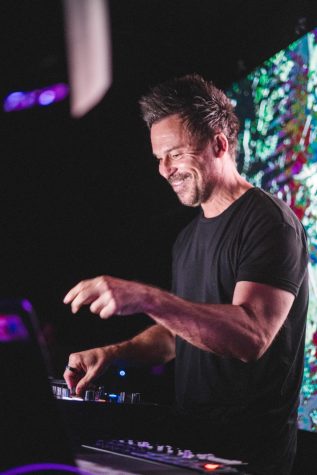
What keeps you creating music?
Nakamura: That’s a difficult question. At first, I made music just for fun. Then after that, I moved to a new city, and I didn’t have many friends. So I used music to connect with new ones. My aim changed. Today I still make music for connecting with my friends, fans and the community as a whole. It makes me really happy to meet such incredible people.
BT: You could live 200 lifetimes and not know everything that there is to know about music. The more that you know, the more deep that your knowledge base is and understanding is. In some ways, it’s kind of like how physicists feel about theoretical physics. It becomes more mysterious the more you know about it. How can this thing that is vibrating air molecules make me feel something incredibly profound? The closer you get the less it makes sense and it just keeps me fixated and fascinated in a way that will never run out.
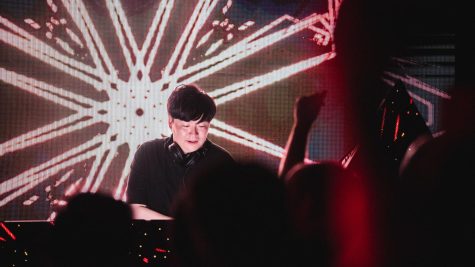
What does the community mean to you?
Henry: Historically, trance and progressive, it wasn’t cool in the sense of being mainstream. Which was proof that it attracted people that felt like misfits that didn’t fit into the world. And so on the dance floor, when you met people listening to the same music and experienced music the same way, it was like, ‘Okay, I’m not alone.’ There are people out there that see the world the same way I do and feel the world the way that I do. And that gives me hope. That’s what the community means to me. I see you out there and we’re connected; you’re my sister, you’re my brother, we get it, we’re connected.
Nakamura: Trance music is also special in Japan. In my career as a DJ, when I started making trance music, the trance industry in Japan was not big. But when I played everyone said ‘your music is so great.’ The community was really encouraging and they still say it. The trance Family is supportive, encouraging, and there for you. I think it’s the same in this country as well. I get many messages from the Seattle trance family, welcoming me here. They ask if I need anything and I know because of their support I can be relaxed here. That support is special to me.
The Silk 700 showcase took place over two nights, May 12-13 in Seattle’s Belltown neighborhood, drawing in fans from across the Northwest in support of their community.





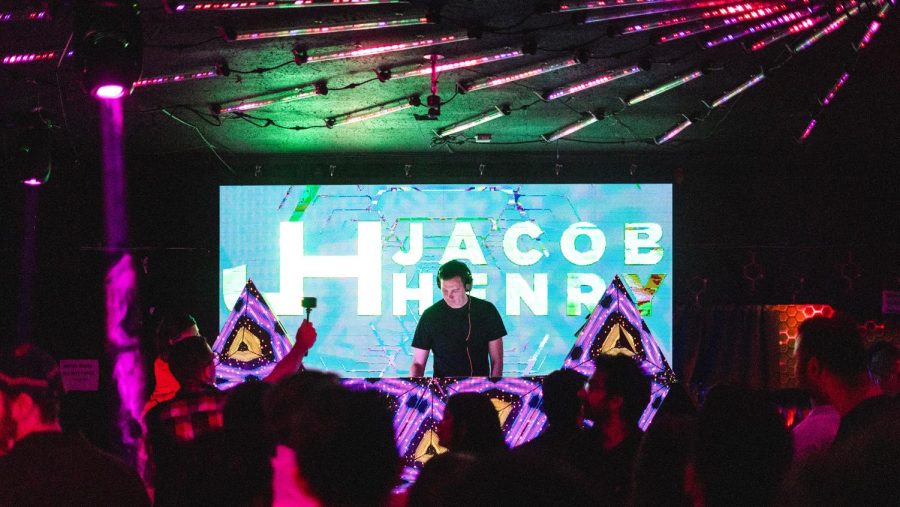
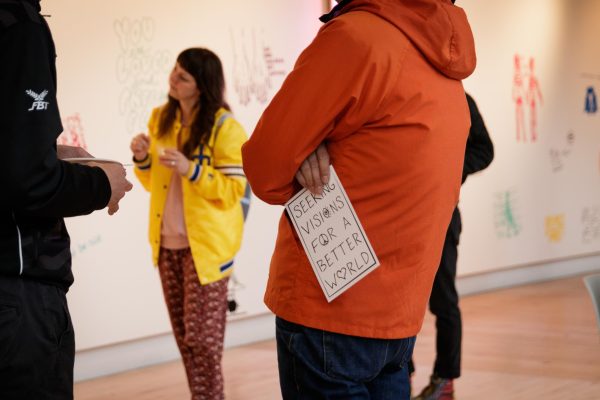
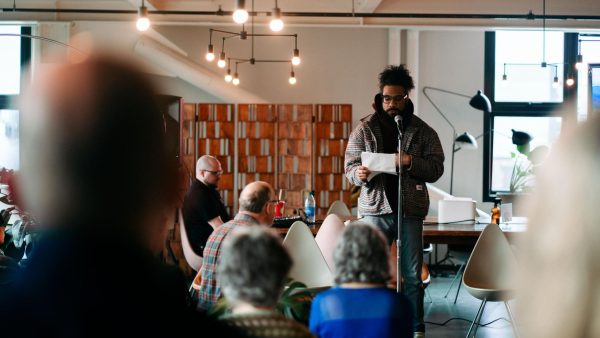
![Jordan Ward [REVIEW]](https://seattlespectator.com/wp-content/uploads/2024/04/ward_1-600x400.jpg)

![COWBOY CARTER [REVIEW]](https://seattlespectator.com/wp-content/uploads/2024/04/Screenshot-2024-04-10-at-7.37.52 PM-600x349.png)